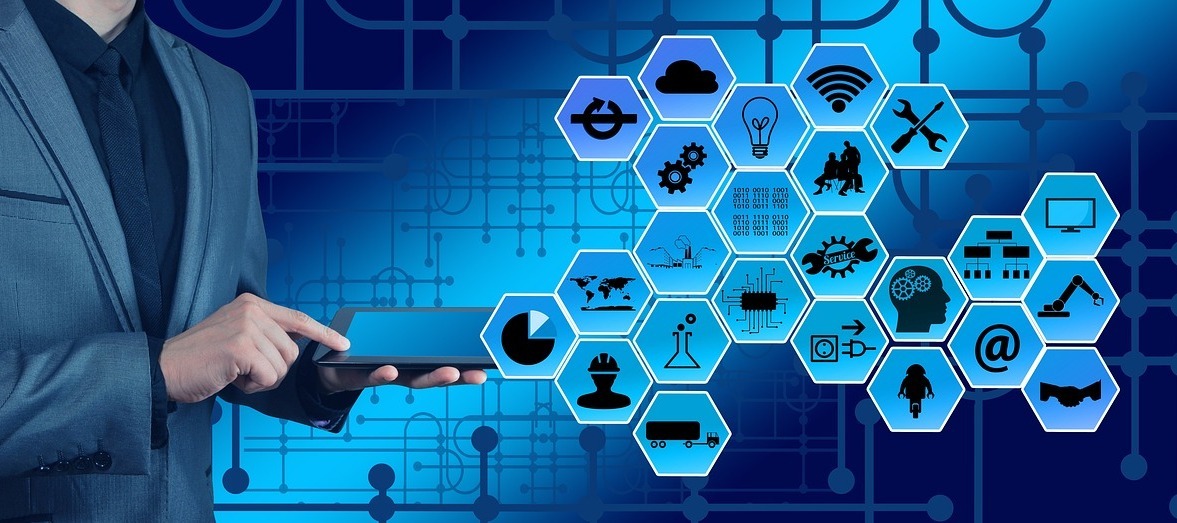
The future of work: How to navigate the changing job market in the age of AI
The rapid rise of AI has raised concerns about its impact on the job market, but experts suggest that rather than fearing job losses, professionals should embrace AI as a tool to enhance and facilitate their work.
The rapid rise of generative artificial intelligence (AI) has sparked concerns about its potential impact on the job market.
While AI holds immense promise in creating new opportunities and raising productivity by automating certain tasks, it is still important to understand how workers can evolve and adapt to the new technological revolution.
Experts say that rather than succumbing to fear of uncertainty around AI, professionals should embrace their unique human qualities and accept AI as a tool for improving their work.
“Most humans are less likely to lose their jobs to AI than other humans using AI,” Tomas Chamorro-Premuzi, Chief Innovation Officer at ManpowerGroup and author of I, Human: AI, Automation, and the Quest to Reclaim What Makes Us Unique, told Euronews Next.
“So I think having an open mind and actually experimenting with it will be the first and most important thing to do,” he added.
While a lot of jobs are expected to be impacted by AI, the main changes will be in how the tasks are completed - which people will be able to adapt to with the right mindset.
For instance, digital marketing professionals may find that tasks such as copywriting, proofreading, translating, and researching are increasingly automated by generative AI.
However, this change allows them to focus on the more human aspect of their jobs such as managing people and exploring creative solutions while leveraging AI to limit mundane tasks.
“I think a lot of jobs will change in nature and essence. So, you know, people seem very worried about job destruction, but I think fewer jobs will disappear. And the more likely outcome is existing jobs will continue to be there, but the skills and behavioural requirements needed to perform them will change dramatically,” Chamorro said.

How to adapt to job changes because of AI
In the era of AI, the impact on different types of jobs has led to a rather ironic market shift.
According to Chamorro, unlike in the past, where manual and blue collar jobs were most affected by technological disruption, today it is knowledge-based professions and jobs that require critical thinking that are more vulnerable to automation.
“That's the paradox that at the moment, if you're a frontline worker and there's a teacher or someone who actually tells their emotions to others and still has the experience of interacting with the real human, that actually still has a premium,” he said.
To AI-proof their careers, people may need to better employ their creativity as innovation and originality will be the key difference between what AI and human beings offer.
“There is going to be a premium on people's skills. Soft skills like empathy, self-awareness, emotional intelligence,” Chamorro said.
“People's skills will be valued much more than expertise and IQ or kind of thinking skills and even creative skills which would increasingly be outsourced to machines.”
While AI might instil fear of unpredictable market changes, it also offers strong promises for a chance to reconsider the value of our human nature and the unique capabilities that come with it.
“I think there will always be a premium for human creativity, even though at the moment we are in this cat and mouse kind of race whereby as soon as something is obviously creative, machines learn to do it, which will push humans to basically evolve or advance their creativity,” Chamorro said.
He further argues that it is essential to stay up to date with the latest developments of AI as it can help people remain at the forefront of creation that machines can’t accomplish yet.
To illustrate, Chamorro offers the example of the introduction of cameras on mobile phones.
Rather than eliminating photographers, this development encouraged them to embrace digital photography and to explore automatable aspects in order to focus on creating something more distinctive with human input and value.
Similarly, as AI continues to reshape the job market, professionals will need to embrace change and adapt to the ever-evolving professional landscape.
LeackStat 2023
